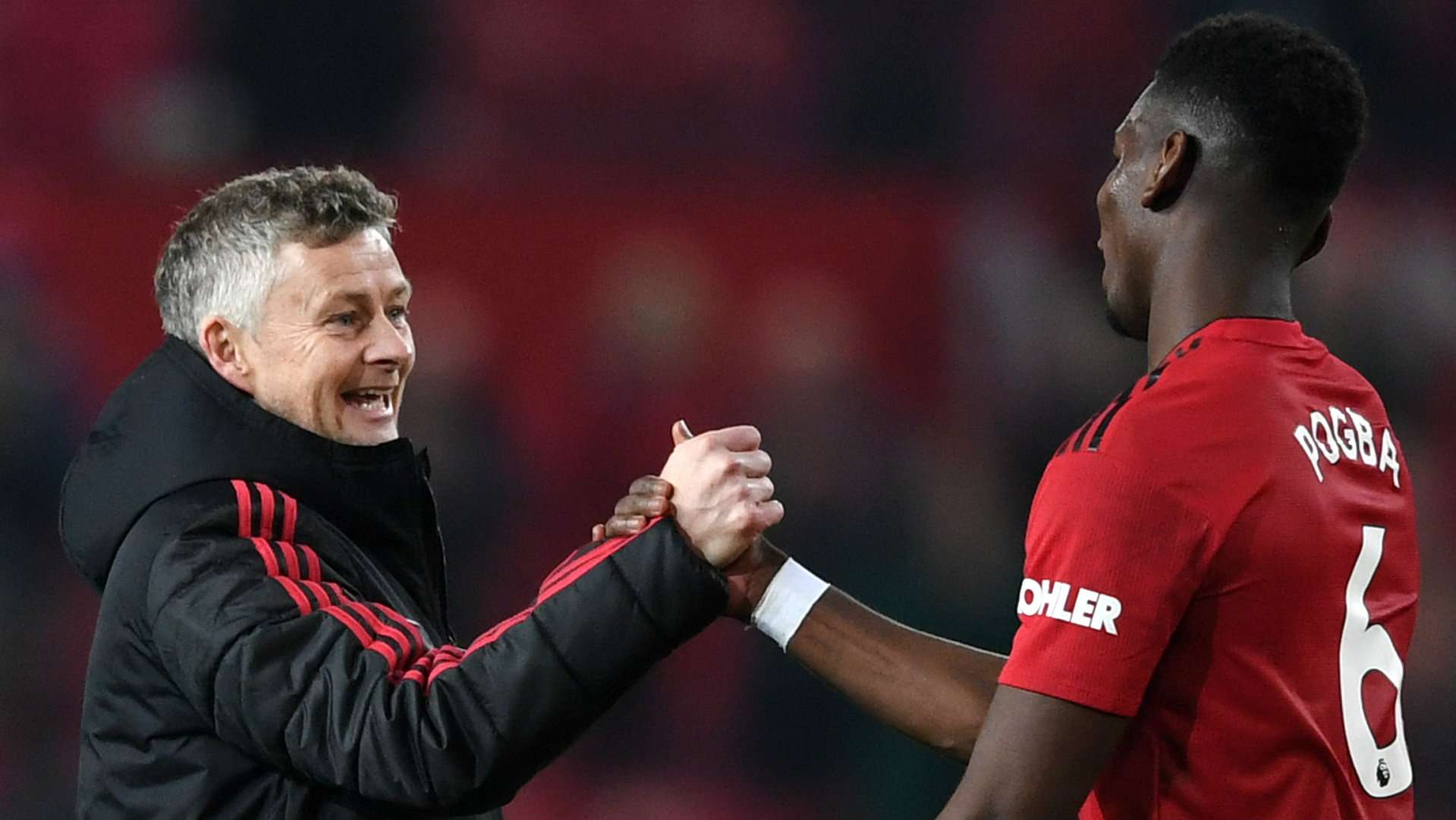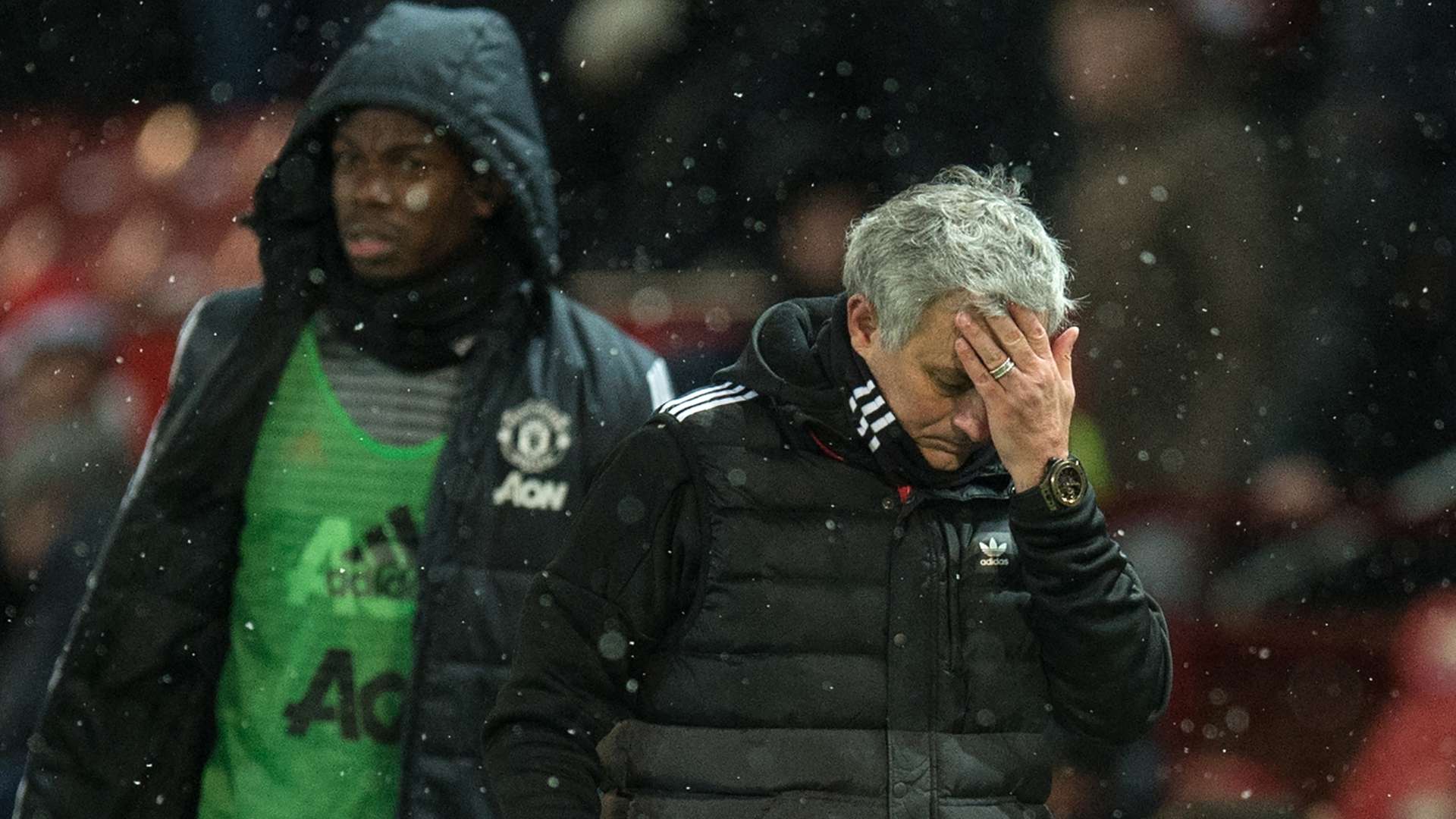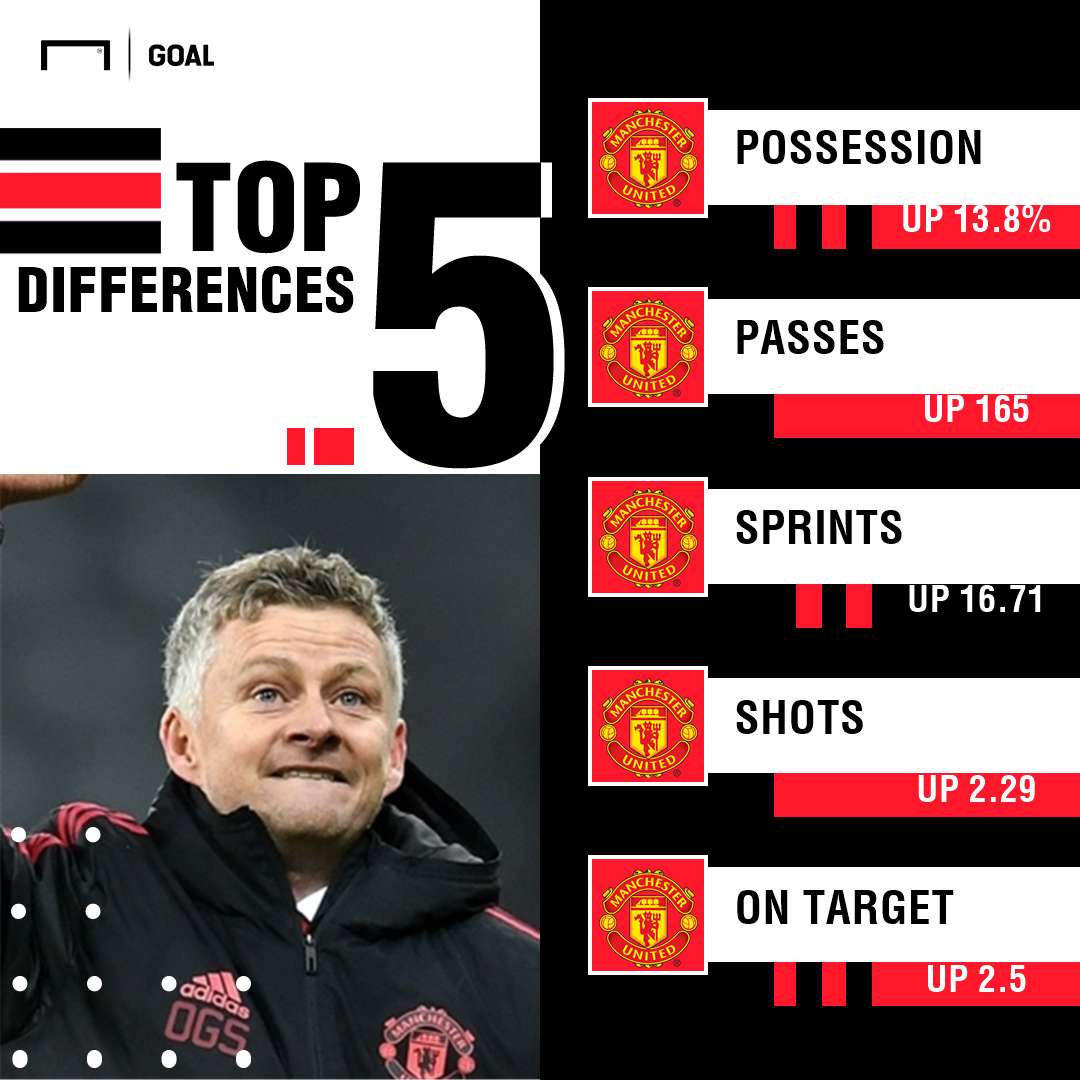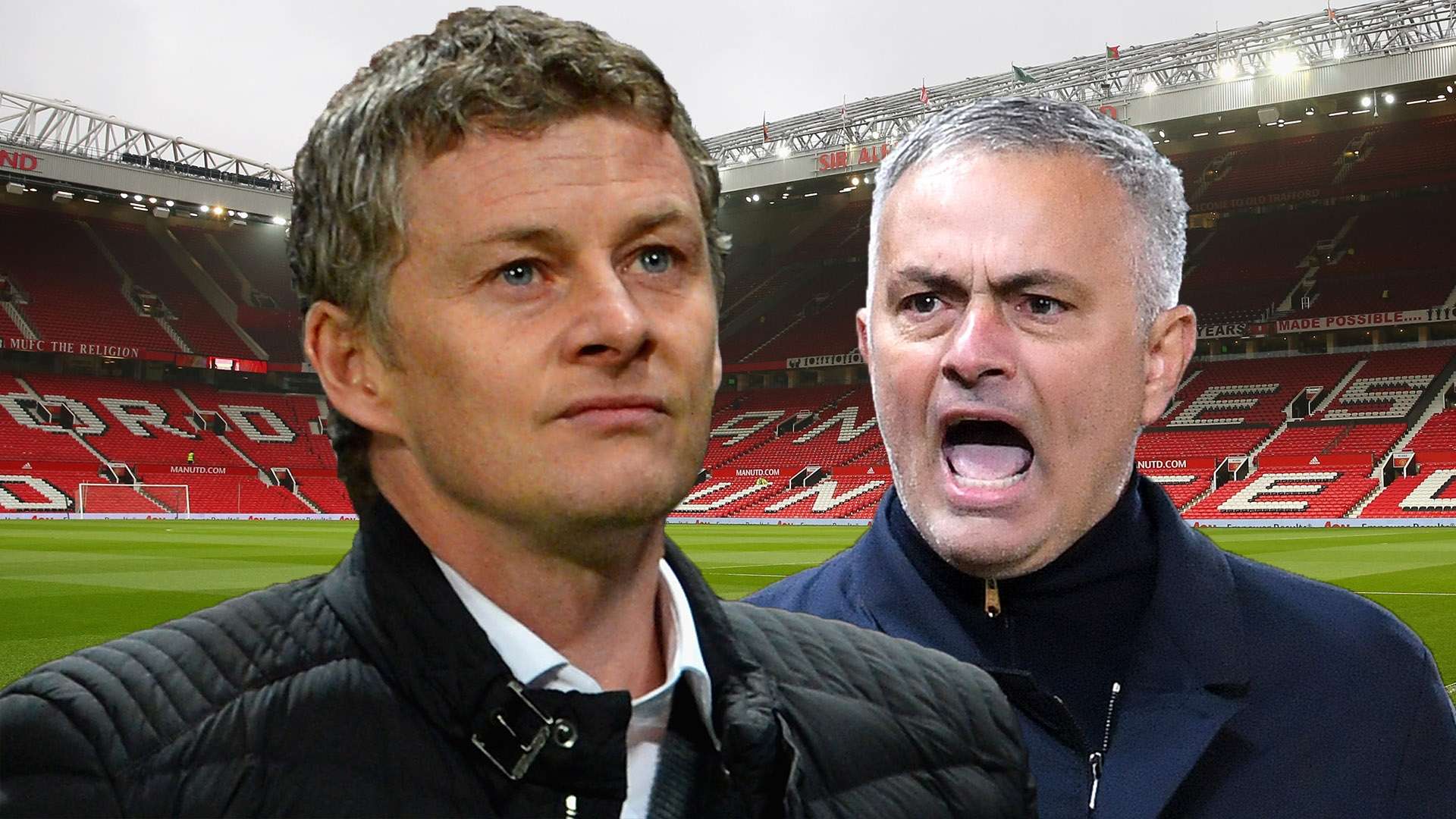Rarely can a club have been transformed so markedly in so short a space of time. The same Manchester United squad which had won four of its previous 12 Premier League fixtures has now recorded as many victories in its last four matches.
But more than that, it is the return of that infectious Manchester United buzz which is most notable. There is a style and a swagger about their play once more, and the fans are enjoying what they are seeing again.
Were it not for the evidence of the league table, you would be forgiven for thinking that Jose Mourinho’s spell at Old Trafford was all just a bad dream for United followers who have grown up on attacking, powerful football.
With Paul Pogba going from disaffected substitute to talismanic attacking superstar in the space of a couple of weeks, United have also been boosted by the greater width offered on the ball, quicker passing and a more carefree style of offensive football.
The metamorphosis is no accident. In Ole Gunnar Solskjaer, the United hierarchy went after a man whose chemistry with the club is such that he was never going to allow them to repeat the mistakes made in the Mourinho era.
And the Norwegian hopes to be judged at the end of his six-month deal on his ability to get United playing a certain style of football, rather than purely on the results which Mourinho always believed to be the real barometer.
“Pace and power. Man United, that’s what we are!” he said on Friday ahead of this weekend’s FA Cup clash with Reading.
“When you have players like we have with the pace of Paul, Anthony [Martial], Alexis [Sanchez], Romelu [Lukaku], [Marcus] Rashford… that’s how we played with Andy [Cole], Yorkie [Dwight Yorke]... With Giggsy [Ryan Giggs] and Becks [David Beckham] down the sides, you attack quickly when you can.”
 Getty Images
Getty Images
Even when asked to pin himself to a specific target for the remainder of the season, Solskjaer focuses entirely on how his United will look rather than what they might achieve in the way of hardware.
“[I’d like to] get to summer, and people are talking about the way Man United are playing, the style we’re playing reminds them of Sir Alex’s team, it reminds us of successful times, because it has to start with the way we play,” he explained. “Results, you cannot control. You can control how you approach the game and how you play, though.
“I think I have a good squad. As I said, we need to work on our cohesion and the way we play, that we get used to playing that way again, with pace, with power, with counter-attacks, that we utilise what we’ve got in that respect.”
If Mourinho’s claims of being respectful to the traditions of Manchester United were often undermined by the way that his teams played football, his replacement has already begun to get his side backing up his sensible soundbites. The style which the Portuguese considered an unnecessary bonus is demanded as a pre-requisite under Solskjaer, and it shows.
Only three times in their 17 league matches under Mourinho this season did United string together 600 or more passes, whereas they have surpassed that same mark in all four of their wins since Solskjaer arrived, at an average of 165 extra passes per game.
They are also averaging 67.3 per cent possession under Solskjaer compared to 53.5% under Jose this term, while also making 17 more sprints per game and outdoing their previous marks for both total attempts and shots on target by 2.5 each.
And the goals are coming at a far more regular rate – 3.5 per game as opposed to 1.7 – as a result too.
 Goal
Goal
There really is no rocket science necessary in analysing the differences between United pre- and post-Mourinho’s sacking at this stage. They are playing faster, more incisive football and the players are enjoying themselves every bit as much as the fans are watching them.
More of their play is going through Pogba in higher positions rather than asking him to work from a lower midfield base. The addition of Ander Herrera alongside Nemanja Matic and the more advanced starting spot have resulted in the Frenchman delivering his best run of form in a United shirt.
The full-backs are being encouraged to get forward, and indeed it was when skipper Antonio Valencia came in at Newcastle and underwhelmed in that capacity that United turned in their most questionable spell under Solskjaer thus far.
Higher up, there is greater interplay between the likes of Martial, Rashford and Jesse Lingard, all of them freed of the nagging doubt in the mind that comes with restrictive responsibilities related to the structural side of defending from the front.
There is a smile back on the face of the club which replicates the one that rarely appears to leave their manager’s face. Previously, United’s collective frown was every bit as discomforting as Mourinho’s scowl, but since his departure inhibitions have been released, shackles discarded.
How much United’s upturn in fortunes is down to Solskjaer and how much it is about not having Mourinho, only time will tell.
But Solskjaer’s ability to immediately get United being United again has put Mourinho to shame.




